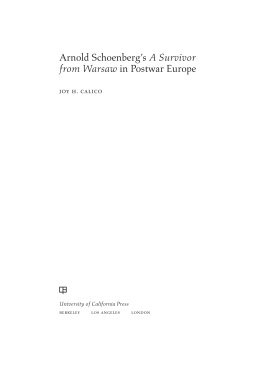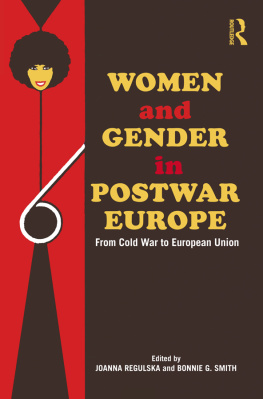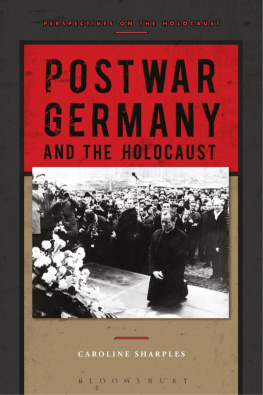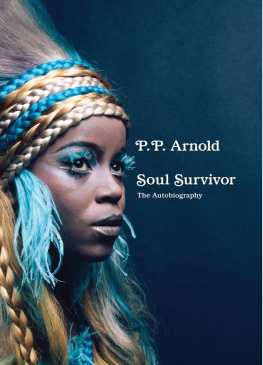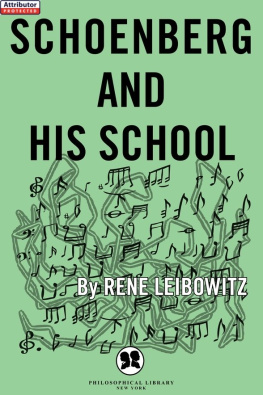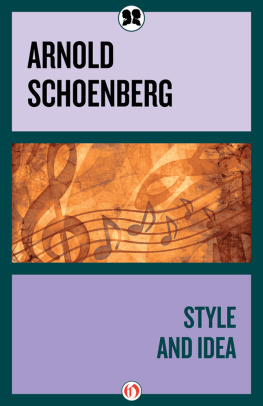THE S. MARK TAPER FOUNDATION
THE S. MARK TAPER FOUNDATION SUPPORTS
THE APPRECIATION AND UNDERSTANDING OF THE RICHESS AND DIVERSITY OF JEWISH LIFE AND CULTURE
The publisher gratefully acknowledges the generous support of the Jewish Studies Endowment Fund of the University of California Press Foundation, which was established by a major gift from the S. Mark Taper Foundation.
The publisher also gratefully acknowledges the generous support of the Constance and William Withey Endowment Fund for History and Music of the UC Press Foundation.
CALIFORNIA STUDIES IN 20TH-CENTURY MUSIC
Richard Taruskin, General Editor
Revealing Masks: Exotic Influences and Ritualized Performance in Modernist Music Theater, by W. Anthony Sheppard
Russian Opera and the Symbolist Movement, by Simon Morrison
German Modernism: Music and the Arts, by Walter Frisch
New Music, New Allies: American Experimental Music in West Germany from the Zero Hour to Reunification, by Amy Beal
Bartk, Hungary, and the Renewal of Tradition: Case Studies in the Intersection of Modernity and Nationality, by David E. Schneider
Classic Chic: Music, Fashion, and Modernism, by Mary E. Davis
Music Divided: Bartks Legacy in Cold War Culture, by Danielle Fosler-Lussier
Jewish Identities: Nationalism, Racism, and Utopianism in Twentieth-Century Art Music, by Klra Mricz
Brecht at the Opera, by Joy H. Calico
Beautiful Monsters: Imagining the Classic in Musical Media, by Michael Long
Experimentalism Otherwise: The New York Avant-Garde and Its Limits, by Benjamin Piekut
Music and the Elusive Revolution: Cultural Politics and Political Culture in France, 19681981, by Eric Drott
Music and Politics in San Francisco: From the 1906 Quake to the Second World War, by Leta E. Miller
Frontier Figures: American Music and the Mythology of the American West, by Beth E. Levy
In Search of a Concrete Music, by Pierre Schaeffer, translated by Christine North and John Dack
The Musical Legacy of Wartime France, by Leslie A. Sprout
Arnold Schoenbergs A Survivor from Warsaw in Postwar Europe, by Joy H. Calico
Arnold Schoenbergs
A Survivor from Warsaw
in Postwar Europe
JOY H. CALICO

UNIVERSITY OF CALIFORNIA PRESS
Berkeley Los Angeles London
University of California Press, one of the most distinguished university presses in the United States, enriches lives around the world by advancing scholarship in the humanities, social sciences, and natural sciences. Its activities are supported by the UC Press Foundation and by philanthropic contributions from individuals and institutions. For more information, visit www.ucpress.edu.
University of California Press
Berkeley and Los Angeles, California
University of California Press, Ltd.
London, England
2014 by The Regents of the University of California
Library of Congress Cataloging-in-Publication Data
Calico, Joy Haslam, 1965-, author.
Arnold Schoenbergs A survivor from Warsaw in postwar Europe / Joy H. Calico.
pages cm. (California studies in 20th-century music ; 17)
Includes bibliographical references and index.
ISBN 978-0-520-28186-8 (hardback)
ISBN 978-0-520-95770-1 (e-book)
1. Schoenberg, Arnold, 18741951. Survivor from Warsaw. 2. Schoenberg, Arnold, 18741951AppreciationEurope. I. Title.
ML410.S283C25 2014
784.2'2dc23
2013048526
Manufactured in the United States of America
23 22 21 20 19 18 17 16 15 14
10 9 8 7 6 5 4 3 2 1
In keeping with a commitment to support environmentally responsible and sustainable printing practices, UC Press has printed this book on Natures Natural, a fiber that contains 30% post-consumer waste and meets the minimum requirements of ANSI/NISO Z 39.48-1992 ( R 1997) ( Permanence of Paper ).
Cover image: Original manuscript page from A Survivor from Warsaw by Arnold Schoenberg, mm 7880. Used by permission of Belmont Musical Publishers. Image courtesy of The Arnold Schoenberg Center, Vienna.
For Chris
Contents
Illustrations
MAP
PHOTOGRAPHS
Acknowledgments
Many institutions and individuals made it possible for me to research and write this book, and it is a pleasure to acknowledge their support. A Howard Fellowship from the George A. and Eliza Gardner Howard Foundation and two Research Scholar Grants from Vanderbilt University funded extensive archival research in Europe over the course of three summers. A Frederick Burkhardt Residential Fellowship from the American Council of Learned Societies enabled me to spend academic year 200910 at the Radcliffe Institute for Advanced Study at Harvard University, where I was challenged and inspired by a cohort of extraordinarily intelligent colleagues. At Vanderbilt I am fortunate to work with two generous deans, Carolyn Dever of the College of Arts and Science and Mark Wait of the Blair School of Music, who have supported this project in ways both great and small.
I benefited from the assistance and expertise of a great many archivists. I must thank Therese Muxeneder and Eike Fess of the Arnold Schoenberg Center in Vienna; Werner Grnzweig, Anouk Jeschke, and Daniela Reinhold of the Musikarchiv, Akademie der Knste, Berlin; Jrg-Uwe Fischer of the Deutsches Rundfunkarchiv; Ulf Rathje of the Bundesarchiv, Berlin-Lichterfelde; Ulrich Geyer of the Politisches Archiv des Auswrtigen Amts Berlin; Rdiger Koch of the MDR Rundfunkchor, Archiv; Steffen Held of the Ephraim Carlebach Stiftung Leipzig; Roswitha Meister and Alexander Hartmann of the Bundesbeauftragte fr die Stasi-Unterlagen; Mieczysaw Kominek, Izabela Zymer, and Beata Dzwigaj of the Polish Music Information Center, which houses the Archiwum Zwizku Kompozytorw Polskich; Joanna Mitko and Jacek Konecki of the Archiwum Akt Polskiego Radia S.A.; Jolanta Szopa of the Archiwum Ministerstwa Kultury i Dziedzictwa Narodowego; Andrzej Budzyski and Edyta Pawowska of the Orodek Dokumentacji i Zbiorw Programowych Telewizja Polska; Sidsel Levin of the Jdisk Museum i Oslo; yvind Norheim of the Nasjonalbiblioteket Norsk musikksamling; Rolf Jonsson of the Norkpings stadsarkiv; Christine Sundby of the Riksarkivet, Sweden; Thomas Bab and Brigitta Bredskog of the Judiska Frsamlingen i Stockholm; Anders Hammarlund of the Svensk visarkiv; Jan Kahuda of the Nrodn archiv; Zuzana Petrkov of the Hudebn oddlen Nrodn knihovny esk republiky; Bohumil Sldeek of the Archiv Praskho filharmonickho; Helena Bartkov of Supraphon; Zdenk Jebek of the odbor Archivnch a programovch fond esk rozhlasu; and James Keller of the National Archives and Records Administration.
Archival research can be an adventure, and navigating the archives in Norway, Poland, and the Czech Republic would have been impossible without the help of some extraordinary research assistants. Audun Jonassen did exemplary work in Oslo, where I also had the great good fortune of meeting Astrid Kvalbein, who generously shared her knowledge of and enthusiasm for Pauline Hall and tracked down the photograph of Hall that appears in chapter 3. I will be forever grateful that, when I told Tereza Havelkov at Charles University in Prague I was looking to hire an assistant there, she put me in touch with Kateina Nov. Kateina and I worked together in Prague on two separate research trips, after which she continued to track down leads, conduct correspondence, and proofread Czech without ever losing her trademark sense of humor. Lisa Jakelski was still a graduate student when I hired her to work with me in Warsaw, and her expertise on the ground was invaluable. Since then she has patiently answered countless questions and shared insights gained from her own work. I am enormously grateful for her generosity and her friendship.

